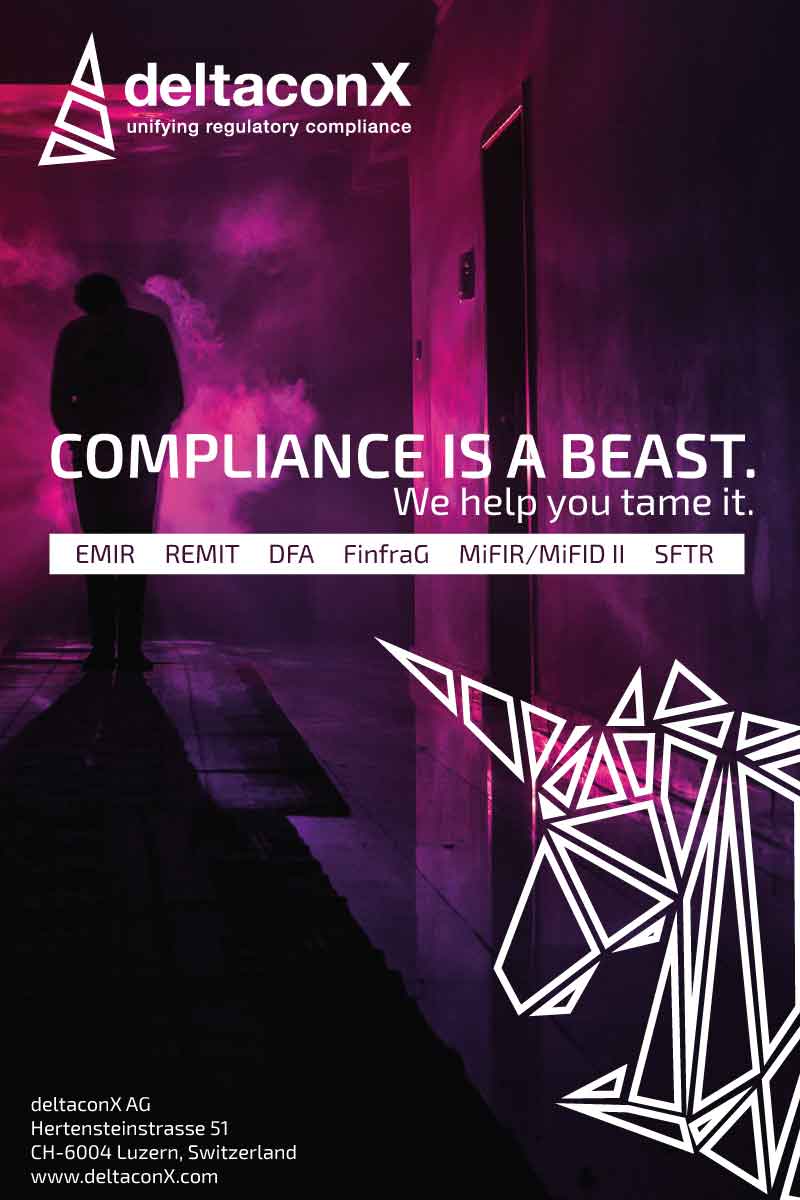“There’s no future in the [digital asset] business if you don’t play by the rules,” stated a panellist at this year’s TradeTech Europe conference, advocating for increased regulation in the space to drive investor trust.
The comment was made by Jérôme Reboul, managing director and head of the policy and international affairs directorate at the Autorité des Marchés Financiers, during a panel discussion on how the growth in digital assets trading is impacting market structure and trading practices.
Reboul made reference to the upcoming Markets in Crypto-Assets (MiCA) regulation, which he stated has been inspired by existing French regulation in the space. He reported that France has “quite a thriving [digital assets] sector,” and is prepared for a smooth transition to the new rules.
One panellist agreed that regulation is key, particularly as the industry tries to boost client trust in digital assets. He went on to commend existing regulation in Europe, whereby some assets are already covered by MiFID II, and suggested that high-quality standards that are already in place should not be scrapped when regulation for a new asset class is being established.
Bradley Duke, co-founder and CEO of ETC Group, described MiCA as a “well considered” regulation that does not “squash innovation” in the digital assets space. Looking to Europe more broadly, he cited Switzerland and Germany as the European leaders in regulatory frameworks for digital assets. Such engagement with digital assets reassures market participants and drives jobs, he added.
Considering the performance of digital assets in 2022, Duke reported a loss of trust in crypto due to bad actors and a lack of regulation in the space. Despite this, he reported that the inclusion of crypto in portfolios can have a positive impact on performance. He advised that it is safer to engage with regulated products on regulated exchanges rather than crypto exchanges, for which EU regulation is not yet established.
In regard to future predictions to the space, one speaker emphasised the need for a focus on payment mechanisms rather than technology alone. He stated that CBDCs are on an “evolutionary journey”, and will see significant progress over the coming years. They are currently the “missing piece” in the industry when it comes to payments, he said, with wholesale CBDCs in particular expected to play an important role.
Reboul was less confident on the availability of CBDCs in the very short term, instead suggesting that stablecoins as regulated by MiCA may be a solution to allow settlement on blockchain. However, another speaker responded that it is not possible to entirely remove counterparty and product risk in the case of stablecoins, which could be problematic in the face of potential bank crises.
Panellists were ultimately optimistic about the future of digital assets and their regulation, expecting to see increased trust and engagement as time goes on.



